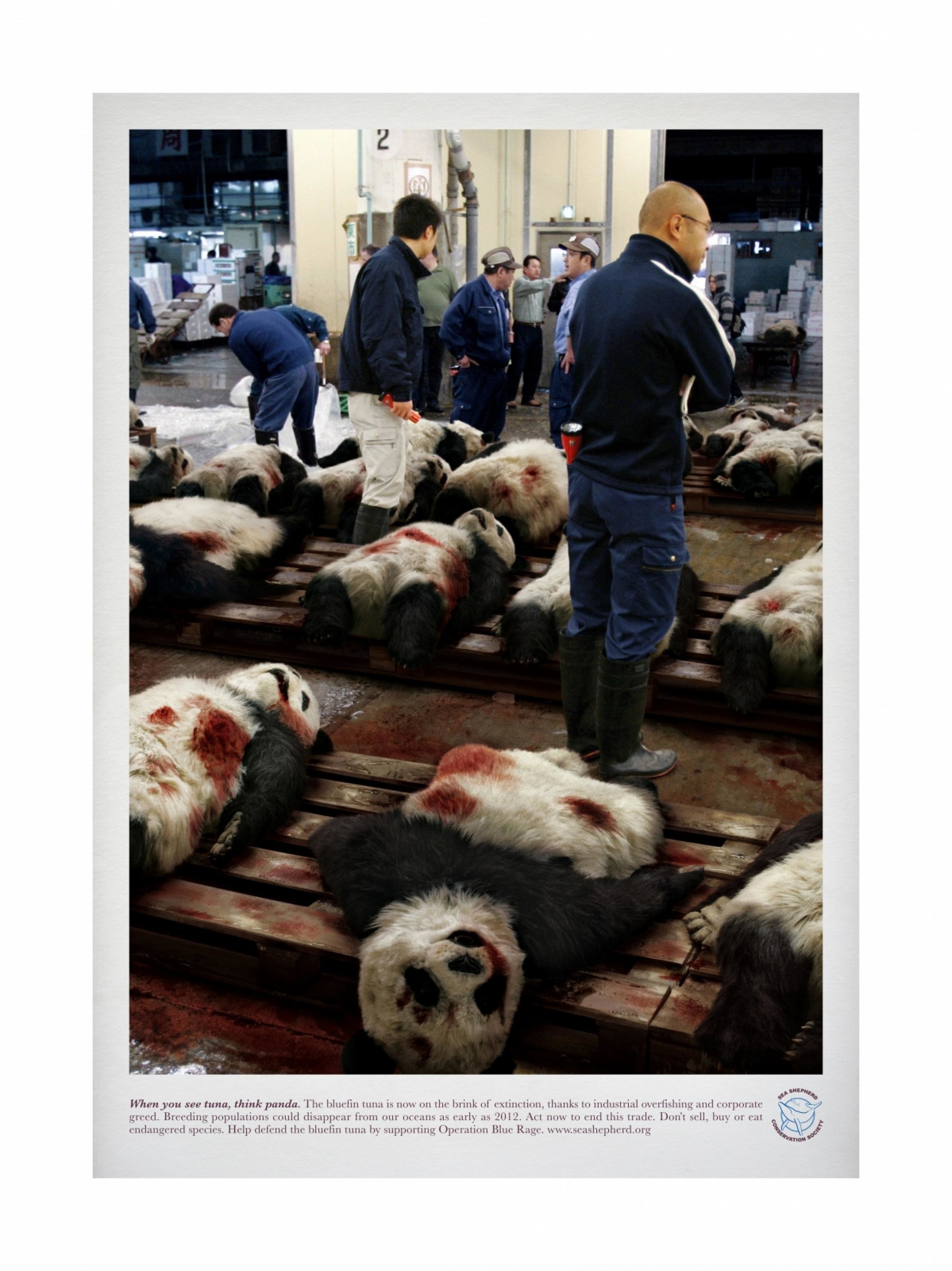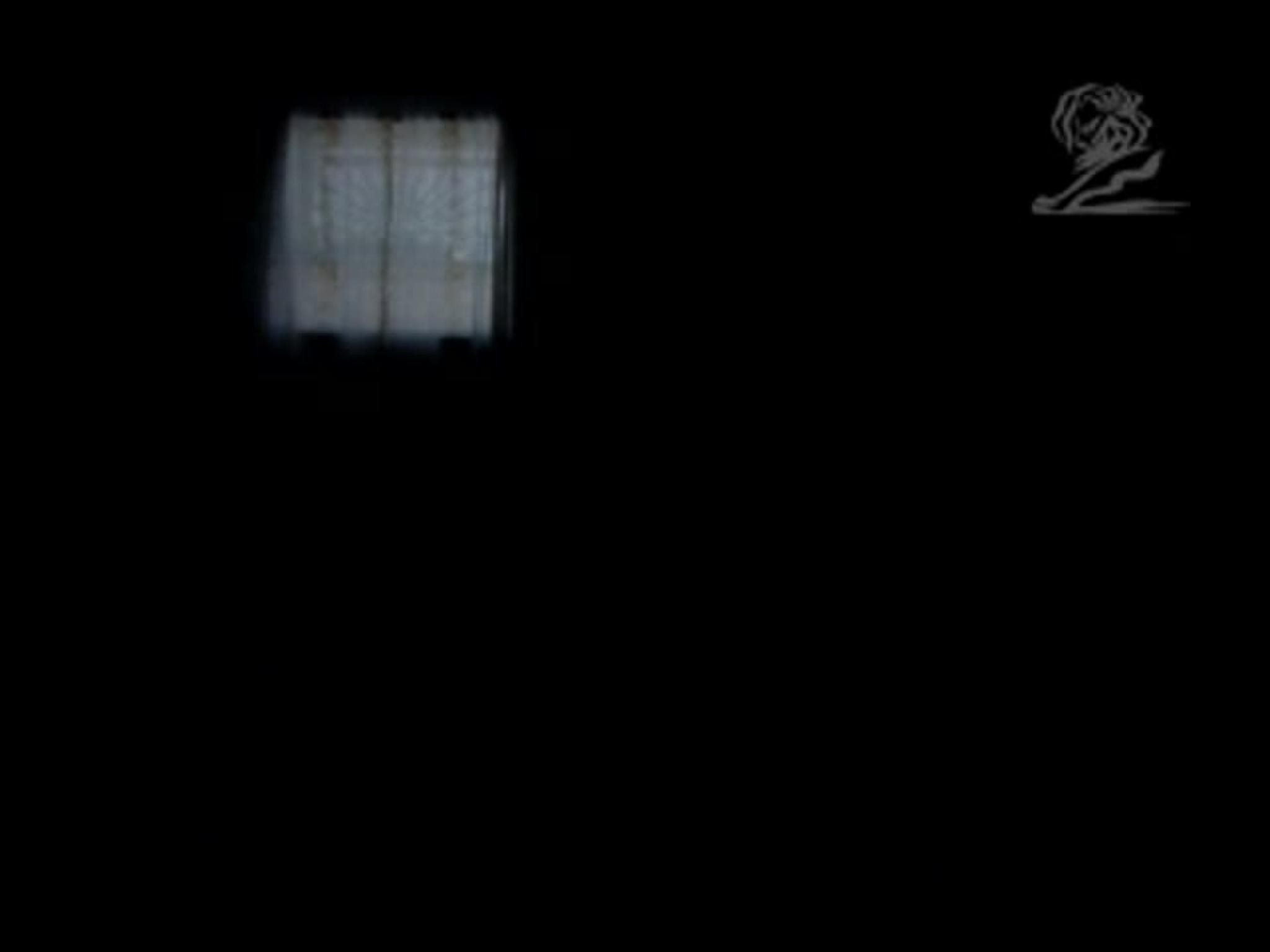Cannes Lions
Catch of the Day 2050
OGILVY AMSTERDAM, Amsterdam / SEA SHEPHERD / 2023

Overview
Entries
Credits
Overview
Background
Sea Shepherd received worldwide attention with the launch of Seaspiracy, a Netflix-featured documentary about the environmental impact of over fishing. One of the facts presented in Seaspiracy stood out: if we don’t stop overfishing, by 2050 plastic in the oceans will outweigh fish. Sea Shepherd wanted to make this fact known to local fish consumers.
Idea
A large amount of the plastic that’s currently in our oceans comes from nets abandoned by the fishing industry. Currently we have a huge problem of overfishing and the more we fish, the more the ocean becomes polluted with abandoned fishing gear. If we carry on the way we are at present, by 2050 plastic in the oceans will outweigh fish. To highlight this ongoing catastrophe, we created a look at the future fish market of 2050. We turned discarded fish nets into fish to illustrate the impact of overfishing on marine life.
Strategy
We are increasingly asked to stop eating meat by other people and organisations. We don’t often hear somebody ask us to stop eating fish. But we, as fish consumers, are feeding into the problem of overfishing. It’s up to us to make the audience aware of the impact their fish meals are having on our oceans. The way we show this is by showing fish consumers the fish of the future, namely plastic fish. Because if we don’t stop overfishing, by 2050 plastic in the oceans will outweigh actual fish.
Execution
We collected abandoned fishing nets from the North Sea and collaborated with Universities and Art Students to turn them into fish. To kick off the campaign, we set up a classic Dutch herring cart in the center of Amsterdam, at a time when fresh fish would usually arrive. However, instead of fish, shoppers would find seafood made entirely out of fishing nets. Via QR codes on the price tags of the fish, people could get more information about the project and the threat that overfishing poses to our oceans.
To make people outside of Amsterdam aware of the campaign, we issued a press release followed by a film on social media. The film shows the imaginary journey of the fake fish from the ocean to the market. We published social media posts with images of the fake fish photographed like real fish, making them look as tasty as possible.
Outcome
With zero media investment, we managed to reach more than 84 million people, generating global interest for the current problem of overfishing. We received attention in social- and mass media, including national and international newspapers and news services. The estimated views totals at 1.34 million, with 39.3k engagements.
Similar Campaigns
12 items






